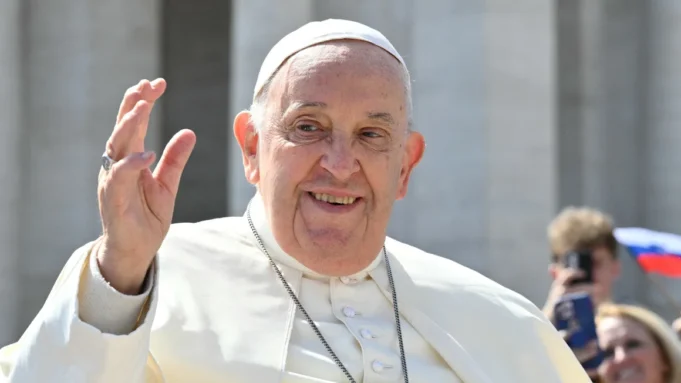The Vatican has endorsed a new set of guidelines from the Italian bishops that allow gay men to enter seminaries, provided they commit to celibacy. This marks a significant shift in the approach the global Catholic Church takes toward prospective priests.
While the Vatican has never outright banned gay men from entering the priesthood, an instruction issued in 2016 had discouraged seminaries from admitting men with “deep-seated homosexual tendencies.” This latest development, unveiled quietly on the Italian bishops’ conference website, represents a nuanced change in that stance.
The new guidelines stress that a seminarian’s sexual orientation should be viewed as only one aspect of their overall personality during the formation process. They suggest that discerning a candidate’s suitability for the priesthood should not be reduced solely to their sexual preferences but considered in the broader context of their character and faith.
The document, which the Italian bishops approved in November, is accompanied by a statement from the Vatican’s Congregation for Clergy, confirming the guidelines will be implemented on a trial basis for three years.
Pope Francis, who has led the Catholic Church since 2013, has been recognized for his more open stance toward the LGBTQ community. Notably, he has permitted priests to bless same-sex couples on a case-by-case basis. However, the inclusion of gay men in the priesthood remains a sensitive and often contentious issue. Many gay priests report discomfort discussing their sexuality, given the church’s traditionally conservative stance.
The 2016 Vatican instruction, which was largely an update of a 2005 document from Pope Benedict XVI, called for rigorous screening of seminarians. The instruction’s focus on avoiding candidates with deep-seated homosexual tendencies led to concerns that it could fuel discrimination.
Pope Francis has been vocal about the need for candidates to undergo careful discernment. He has also been firm in his stance against priests engaging in sexual relationships, urging any such priests to leave the ministry.
Last year, a reported comment by the pope, in which he used derogatory language regarding gay people during a private meeting, led to a rare apology from the Vatican on his behalf, highlighting the sensitivity of the issue within the Church.
The new guidelines, therefore, signal a shift in the Vatican’s approach, suggesting a more inclusive approach toward gay candidates for the priesthood, provided they maintain their commitment to celibacy and are evaluated holistically. This development will be closely watched, as it could influence how the global Church navigates the intersection of LGBTQ issues and clerical life in the future.




